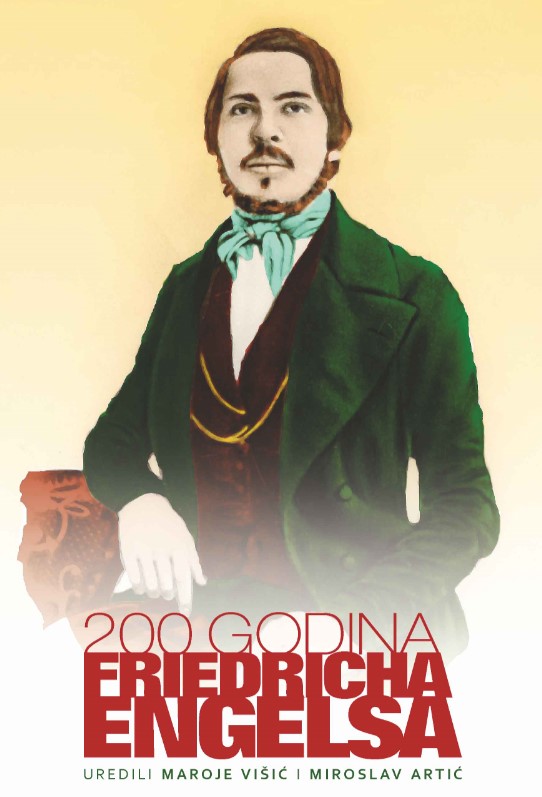Engelsovo »Rano kršćanstvo«: model kako proleterskim pokretima mijenjati društvo
Engels’ “The Early Christianity”: a Model for changing Society via Proletarian Revolutions
Author(s): Ivan Markešić
Subject(s): Christian Theology and Religion, Social history, 19th Century Philosophy, Marxism, Philosophy of Religion, Politics and religion, 19th Century, Sociology of Religion, History of Religion
Published by: Durieux
Keywords: Friedrich Engels; Bruno Bauer; early Christianity; proletarian movements; socialism;
Summary/Abstract: Friedrich Engels was philosopher, social theoretician, historian and journalist but also an incorrigible and an incorruptible heretic. In the society of religious-ideological obscurations he sought for truth and equality. To this end, relying on Bruno Bauer’s work on the historical origins of Christianity, he makes a comparison of the origins of the newly formed proletarian movement with the emergence of early Christianity, with the social, political and religious reasons for its emergence and survival as well as with the historical circumstances in which it from the unwanted became the desired state religion of the Roman Empire. With this text Engels wanted to sensitize so called “Christian” philosophical and theological public for his idea of creating a just society by the actions of emerging proletarian movements that were similar to the first steps of Christianity as a religion of slaves, freemen, oppressed and disenfranchised. However, societies of “real socialism” shows how great Engels’ illusion was.
Book: 200 godina Friedricha Engelsa
- Page Range: 287-306
- Page Count: 20
- Publication Year: 2020
- Language: Croatian
- Content File-PDF

